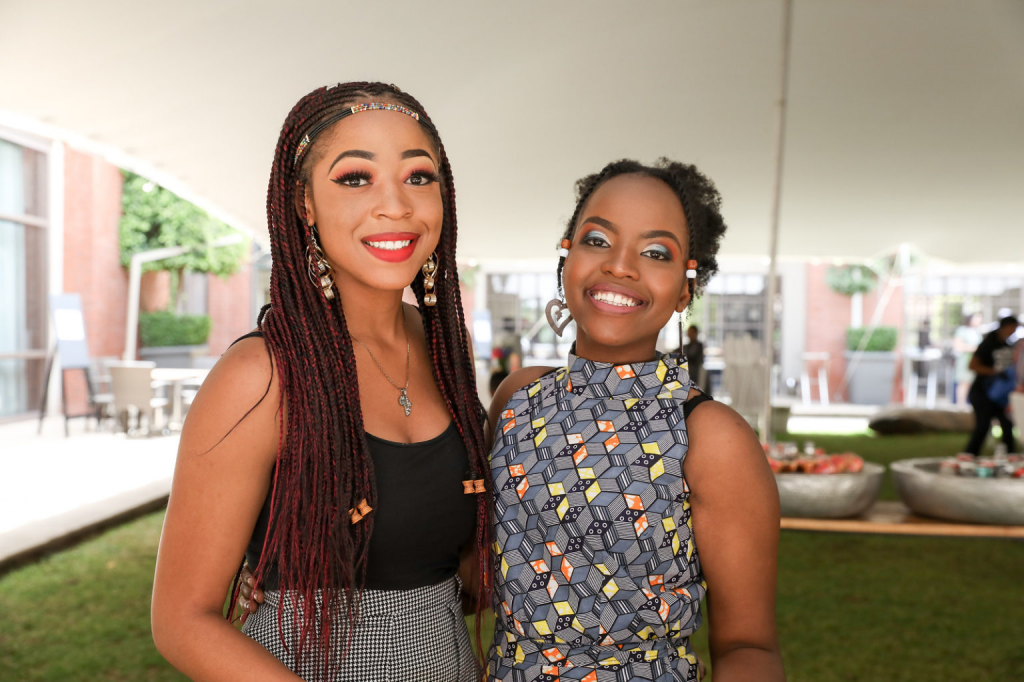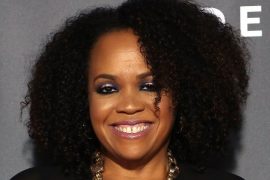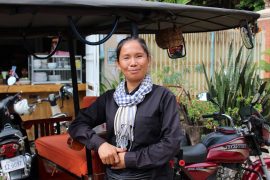By Kembet Bolton
Most businesswomen in Africa are stuck at the “micro” level, limited in their expansion quest because they lack credit and new technologies. However, Africa’s women are defying all odds as they contend with cultural issues, harsh investment climate and fears to build successful enterprises.
The World Bank reports that Africa is the only continent in the world where more women choose to become entrepreneurs increasingly making them key stakeholders in the continent’s development. Today, we bring you the stories of Zimbabwean entrepreneurs Belinda Munemo and Melissa Bime. As I read and contemplated their stories, a word kept ringing in my mind “Unstoppable’’.
Belinda Munemo founded Reekworth Schools ten years ago in her mother’s living room soon after leaving school. Her earliest experiences of entrepreneurship date back to selling cakes at school and setting up a salon during her time at African Leadership Academy. She now has her energy focused on building 5 more Reekworth Schools campuses in 5 different countries on the continent in the next 5 years. She has built her business despite being young and a woman.
“As a very young female entrepreneur on the continent, you are faced with two main barriers. First of all, you are young, and in our culture, the older you are, the more people take you seriously. Second, you are a woman and somehow there is a misconception woman are not as valuable as men. It is difficult to see very successful female entrepreneurs but now it is changing,” says Belinda of her experience and journey.
Belinda co-founded her school with her mom (the first investor) who automatically assumed a role as the face of the school. It helped her deal with the social barrier of age. However, she reckons that as she has grown her business, it has been built on the strength of her team and getting the right people around her that help the business deliver on its promise to its clients.
“You need to have thick skin and you need to be smart. I am not saying hire a person to be the face of your company, but look at your context and see. You do not need to do all the work by yourself, your team really matters, that brings credibility,” she said of navigating social stereotypes and perceptions of inexperience.
Anzisha fellow and winner of 2018 Anzisha Grand Prize, Melissa Bime shared the same sentiments. Melissa is a nursing graduate and the founder of INFIUSS, an online blood bank and digital supply chain platform. Melissa recalls that attending an all-girls Catholic school, she was taught not to speak up or seek attention. The same attitudes towards women and young people have affected her as an entrepreneur.
“The biggest challenge for me at the beginning was being taken seriously. I solved this by putting together a good team and focusing on building a good product. It took away the attention from me, made people focus more on the business and not the entrepreneur behind the business,” says Melissa.
Raising Capital
One of the biggest challenges young entrepreneurs face when starting their business is raising finance. Belinda was fortunate enough to receive seed funding of $700 from her mother who is also an entrepreneur. As she started to scale her business, she realised that her growth would rely on being able to create a sustainable business. She has grown her business from her mother’s living room to a school with three campuses through “reinvesting everything” that she made in her early stages.
For Melissa, the ideal kind of finance has been dependent on the stage of the business and she states that her gender has had little to do with her ability to access finance. As she started, she relied on grants and awards to experiment, develop and prune her business model at no cost. She recently took part in the Anzisha Investment Readiness Program. The skills and knowledge gained from the program have prepared her for her journey raising finance from angel investors.
Whilst many young female entrepreneurs used to have challenges in accessing finance and opportunities, there has been a great shift in the tide. A “lot of focus” is now being put into the female entrepreneur. More investment firms have started funds that are specifically targeted toward female entrepreneurs.
The success of landing these opportunities has been to young female entrepreneurs who have invested in building their networks. Melissa states that her participation in the Anzisha Prize has helped her meet amazing entrepreneurs and it has brought amazing enterprise support from the team.
Belinda and Melissa’s stories are no exception. Very young African female entrepreneurs are making strides in building their companies despite the odds that they face. Melissa states that the success of their entrepreneurial journeys can be attributed to a good team, a lot of resilience and patience. They are starting small, building businesses that address social problems as well as making inroads into traditional male-dominated sectors such as fintech, health and education.
Belinda reckons that in the next 5 years the support system for young women in business would have grown, thereby alleviating challenges such as finance and the number of female entrepreneurial success stories motivating women. The narrative will be drastically different from what it is today.





Comments are closed.